
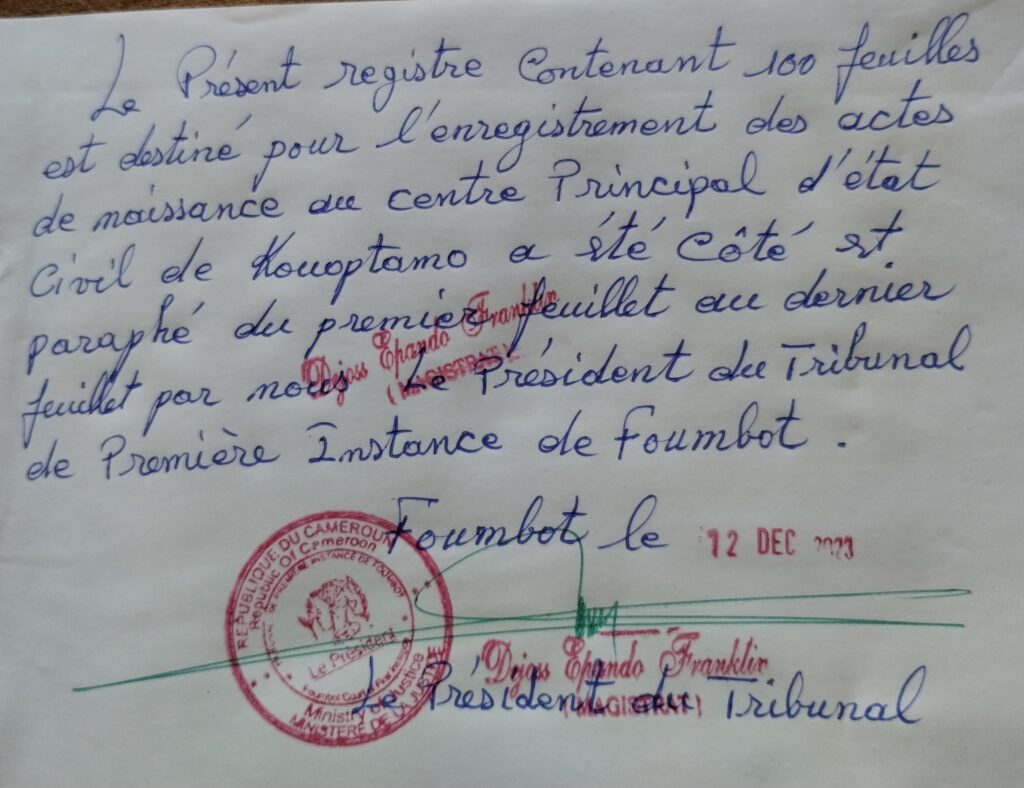
In Cameroon, the absence of birth certificates sets countless lives on a precarious path, marked by struggles and hardships. This article delves into the harsh realities faced by families and individuals without proper identification and highlights the Africa Faith and Justice Network’s efforts to address this crisis.
A Vicious Cycle:
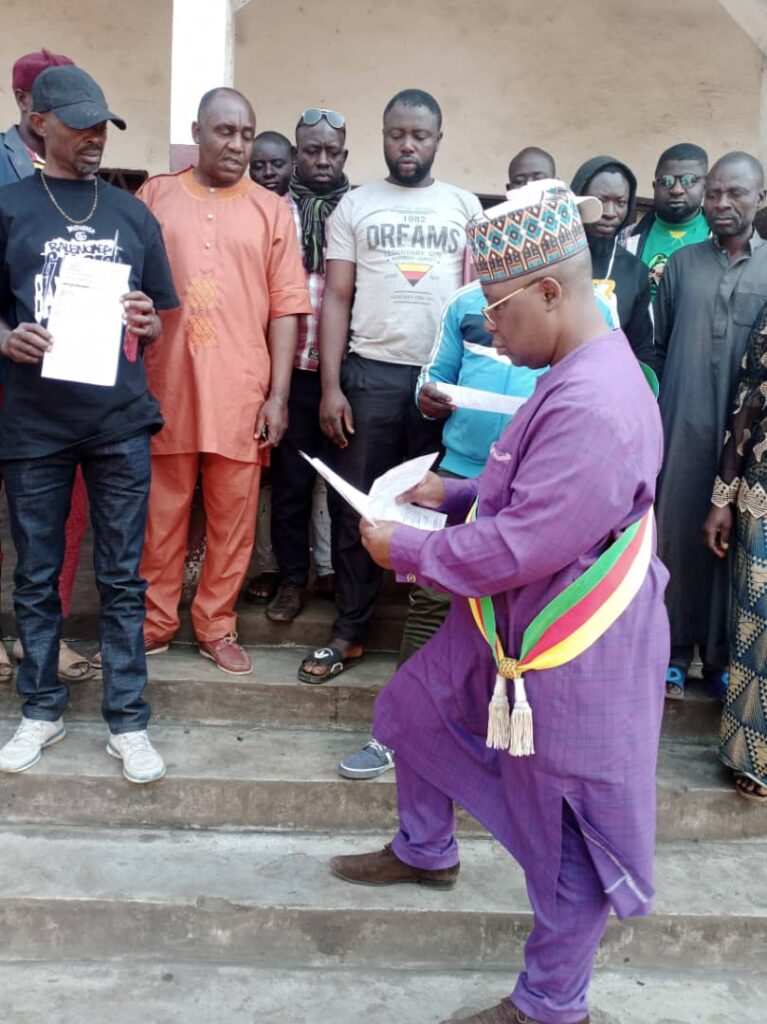
Children born to parents without birth certificates face a formidable obstacle in obtaining one. Without legal identification, parents cannot secure a birth certificate for their child, rendering them undocumented. This essential document is the foundation of Cameroonian life, unlocking access to legal rights and documents. Without it, individuals face a daunting existence, including inability to complete primary school, limited access to government services, increased vulnerability to exploitation and corruption. The Africa Faith and Justice Network is working tirelessly to break this cycle, ensuring that individuals and families have the necessary documentation to thrive.
Barriers to Birth Certificates: A National Crisis in Cameroon:
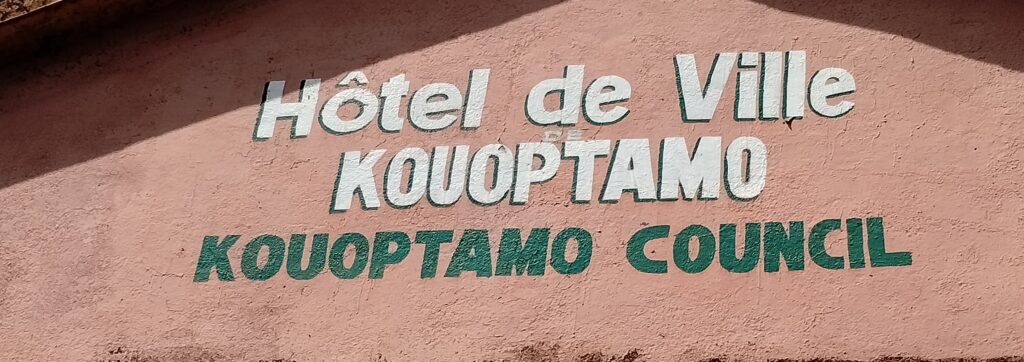
Families in Cameroon face numerous challenges in obtaining birth certificates due to ignorance, negligence, poverty, and corruption. While the legal framework provides a 90-day window to obtain a free birth certificate upon the birth of a child, the process becomes complex once that window closes, leading to severe consequences for individuals without birth certificates, including educational barriers, extortion, imprisonment, abuse.
Police checkpoints frequently detain individuals without identification, leading to extortion and imprisonment. Prisons house individuals aged 14 and older solely for failure to identify themselves. The consequences extend beyond personal aspirations, denying fundamental rights to citizens.
Impact on Education:
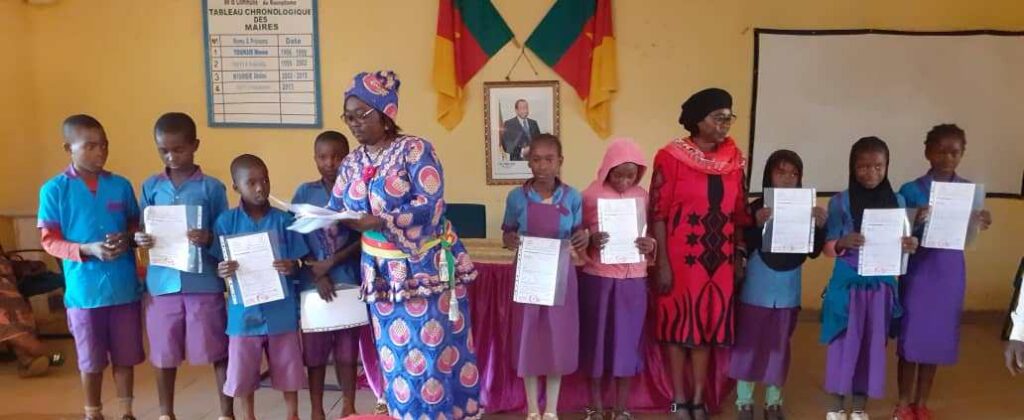
Children without birth certificates face significant educational hurdles. Desperate parents resort to corruption to secure documents, economically disadvantaged families often see their children abandon education, additional consequences including inability to obtain official documents (marriage licenses, land titles) and recurring imprisonment. The Africa Faith and Justice Network is addressing this crisis to ensure access to birth certificates and protect citizens’ fundamental rights.
Outreach and Intervention: Empowering Communities in Western Cameroon
The Africa Faith and Justice Network, in collaboration with the Justice and Peace Commission of the Diocese of Bafoussam, has launched an extensive outreach program to facilitate the acquisition of authentic birth certificates in Foumbot and Kouoptamo municipalities. Our campaign aims to reduce corruption and raise awareness about the importance of birth certificates. Since the launch of our outreach program, 301 children from 141 households have obtained birth certificates through our mobile court in 2023 and sensitized numerous individuals on the significance of birth certificates. We have also done stakeholder mobilization that includes engaging with village leaders, municipal councilors, health center officials, and faith-based organizations. We have shared information on the law, timelines, and risks associated with being undocumented.
Outreach and Intervention
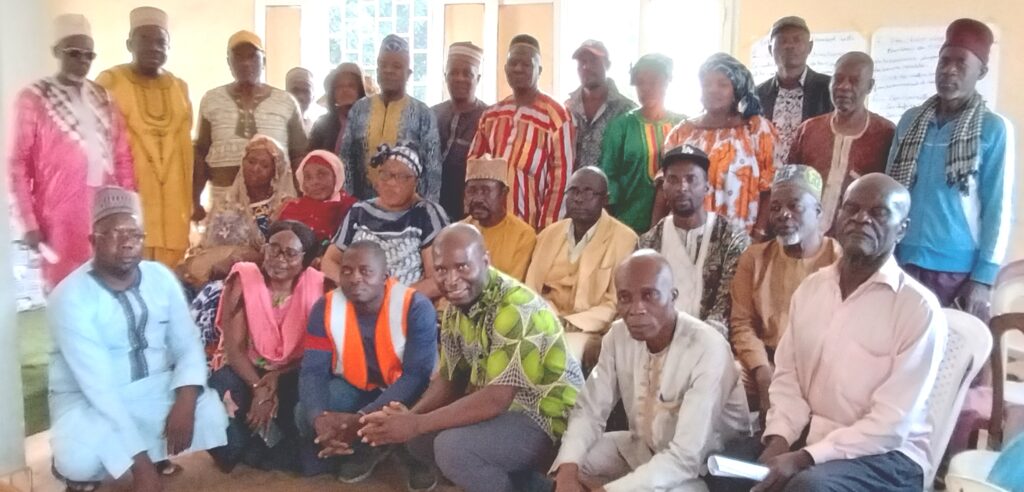
Engagement with stakeholders has also shed light on various administrative, logistical and infrastructural challenges that need to be overcome on the part of the government. Among them include the non-payment of allowances to officers and secretaries, the lack of budget for declaration forms and office supplies and corruption and administrative delays. Stakeholders also identified issues like delays in supplying civil status registers, lack of operating budget for transportation and facilities and distance of localities from existing centers and complex and costly judicial procedures. Addressing these challenges is necessary for creating a more efficient and accessible system for obtaining birth certificates, ultimately empowering communities in Western Cameroon.
Community challenges have also presented significant problem for increasing access to birth certificates and minimizing the number of undocumented children. The most frequent ones include limited education and awareness about birth certificate issuance, inability of parents to apply for their children’s certificates, insufficient awareness among parents despite sensitization efforts, non-compliance with birth declaration obligations at health centers, and exploitation by non-profit organizations falsely promising assistance.
Conclusion:
Our field work in Foumbot and Kouoptamo municipalities has exposed the harsh realities faced by those without proper identification. However, our intervention marks a crucial step towards addressing this identification crisis. With continued efforts, we envision a future where every Cameroonian can self-identify and exercise their rights and duties without the burdens of corruption, bureaucracy, and systemic challenges.
